Retro Replay Review
Gameplay
The core of Neon Genesis Evangelion on N64 revolves around two distinct modes that showcase different aspects of the franchise’s combat. In Story Mode, players pilot the iconic Evas in third-person perspective, combining punches, kicks, blocks, and grapples to defeat towering Angels. Each mission remains faithful to the anime’s pivotal battles, and a dynamic “berserk” timer emerges when your Eva takes excessive damage—pressuring pilots to land a final decisive blow before time runs out.
(HEY YOU!! We hope you enjoy! We try not to run ads. So basically, this is a very expensive hobby running this site. Please consider joining us for updates, forums, and more. Network w/ us to make some cash or friends while retro gaming, and you can win some free retro games for posting. Okay, carry on 👍)
Simulation Mode flips the formula into a first-person shooter challenge. Armed with your Eva’s progressive armaments, you blast wave after wave of Angels under a strict time limit. Efficiency is key: conserving ammunition and maximizing hit count yields a higher rank, while careless spray-and-pray tactics can tank your score. This variation adds replayability, encouraging mastery of both melee combos and ranged precision.
Controls are generally intuitive, mapping basic melee to the joystick and buttons, though mastering aerial combos demands practice. Lock-on targeting makes juggling Angels in the air surprisingly accessible, and context-sensitive grabs and blocks deepen encounters. While some camera angles can feel awkward in tight corridors, the responsive input and clear button prompts ensure that most frustration stems from the challenge itself rather than the controls.
Graphics
Visually, Neon Genesis Evangelion on N64 pushes the console’s polygonal engine to its limits. Evas and Angels feature recognizable silhouettes and color schemes, even if their blocky models and low-resolution textures betray the era’s hardware. Close-ups during critical hits or berserk states showcase more detail, but overall, environmental geometry feels sparse, often relying on vast flat planes to simulate Tokyo-3’s devastated streets.
Where the game truly shines is in its inclusion of original anime footage. Between missions, brief FMV cutscenes from the TV series play back in low-res but are instantly recognizable to fans. These segues provide narrative context and break up the polygonal action with vibrant 2D animation, reinforcing the link between game and source material. It’s a bold inclusion that elevates the visual presentation beyond what the N64 typically offered.
Particle effects—sparks during grapples, energy beams from progressive knives, and explosive destruction—add polish to battles, even if they sometimes cause brief frame-rate dips. Lighting is simplistic yet serviceable, bathing cityscapes in the neon blues and reds Evangalion is known for. While modern standards will find the presentation dated, there’s a certain charm in watching colossal bio-mechs duke it out on a cartridge-based system.
Story
Neon Genesis Evangelion’s narrative unfolds through its faithful retelling of the anime’s major arcs. Players relive the first-contact battle with Sachiel, the harrowing encounters with Ramiel’s diamond-hard barrier, and ultimately the climactic confrontation with Kaworu. Each mission is bookended by anime footage or in-engine dialogue, ensuring that newcomers aren’t lost while giving veterans a direct line back to the original drama.
The game’s pacing condenses complex emotional beats into quick pre- and post-battle briefings. Though there’s minimal character interaction beyond mission-critical directives, the stakes are clear: protect NERV Headquarters, defend Tokyo-3, and uncover the truth behind the Angels. This streamlined approach keeps the focus on combat, occasionally at the expense of the introspective moments that made the series so iconic.
Dialogue is delivered in Japanese with English subtitles, preserving the authenticity of Rei, Asuka, and Shinji’s performances. While some lines feel truncated—understandable given cartridge size constraints—the essential motivations and plot twists remain intact. Fans will appreciate hearing familiar voices, and the subtitles ensure the story’s thematic weight isn’t lost in translation.
Overall Experience
As the sole Evangelion title on the N64, this game holds a special place in both franchise history and retro collections. Its mix of story-driven missions and arcade-style shooter challenges delivers variety, ensuring that neither mode overstays its welcome. The faithful inclusion of anime footage and voice work cements its status as an authentic adaptation, making it more than just another licensed beat ’em up.
That said, its age shows in reused environments, occasional camera quirks, and frame-rate dips during heavy action. Newcomers might find the narrative sparse compared to modern action-adventure titles, and the graphical limitations can be jarring without the lens of nostalgia. Yet for those willing to embrace its retro aesthetics, the sense of pilot-vs.-Angel spectacle remains compelling.
Ultimately, Neon Genesis Evangelion on N64 is a must-own for die-hard fans and collectors seeking a unique piece of franchise history. Its gameplay modes offer distinct challenges, its cutscenes inject genuine anime flair, and its battles retain the epic scale that made Evangelion legendary. If you’re ready to step into an Eva cockpit and face the next Angel, this cartridge still delivers an experience that echoes the soul of the original series.
 Retro Replay Retro Replay gaming reviews, news, emulation, geek stuff and more!
Retro Replay Retro Replay gaming reviews, news, emulation, geek stuff and more!
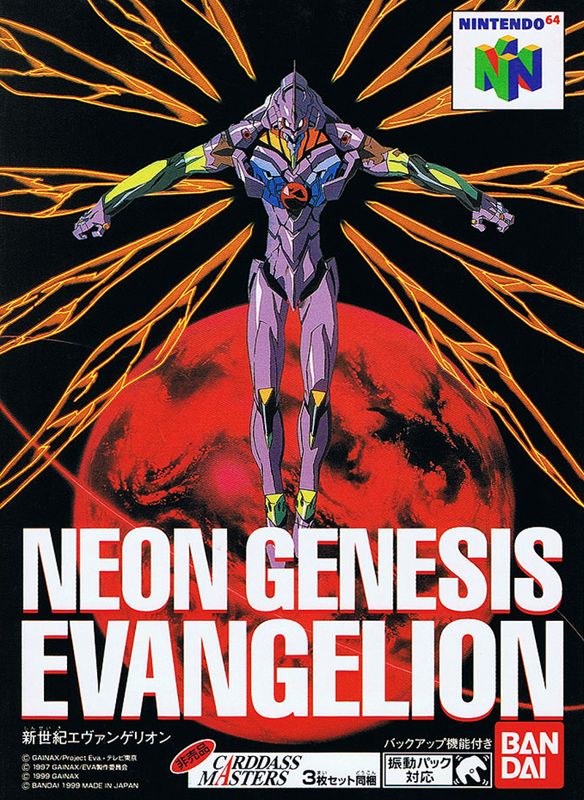
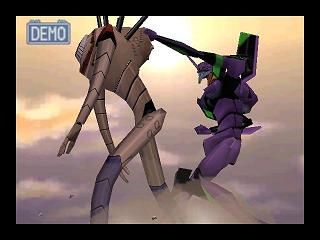

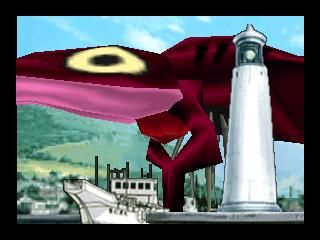



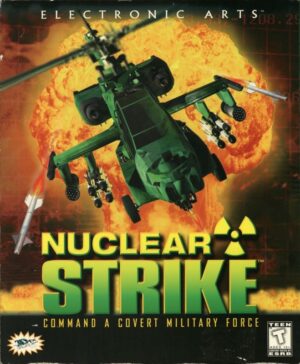
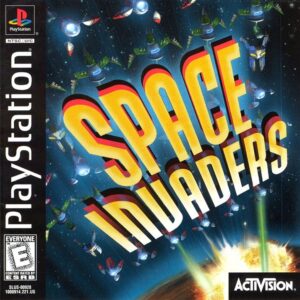
Reviews
There are no reviews yet.